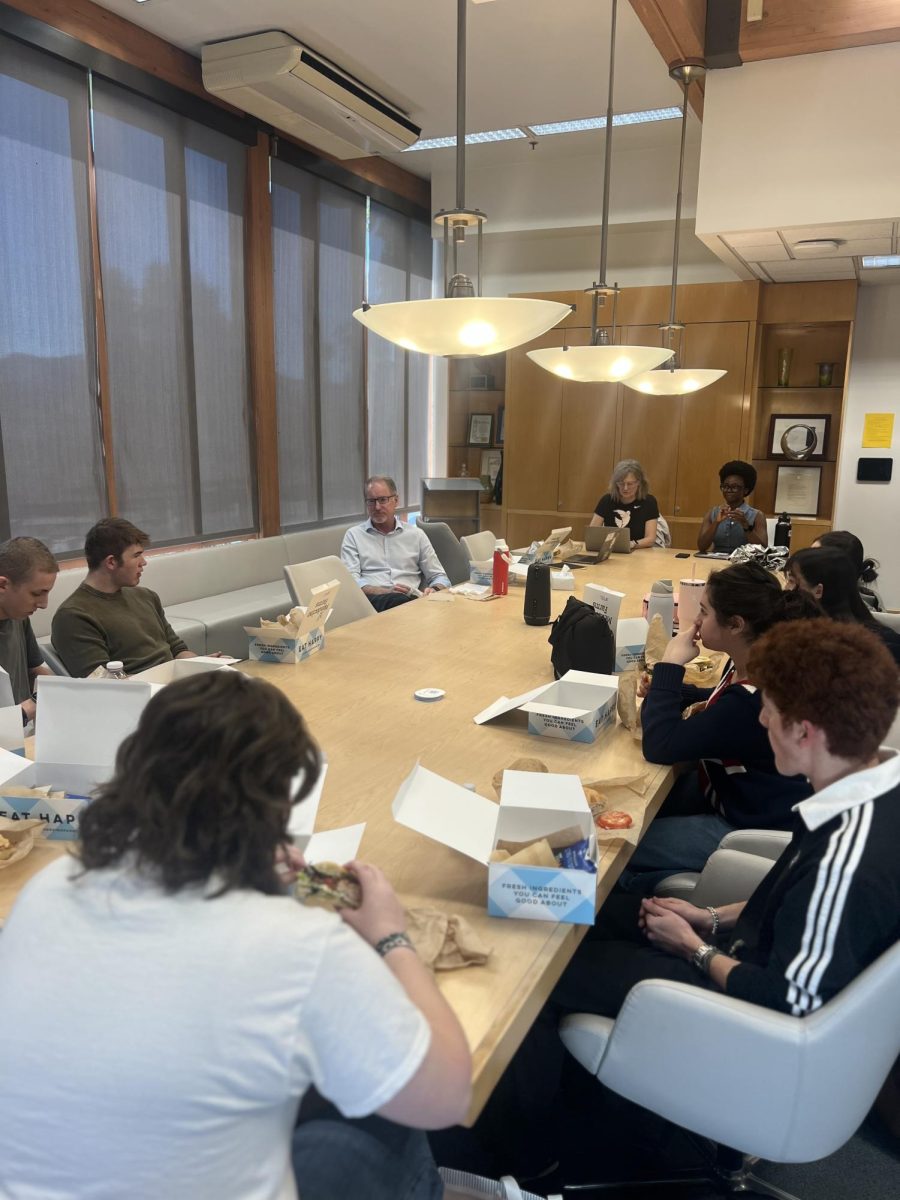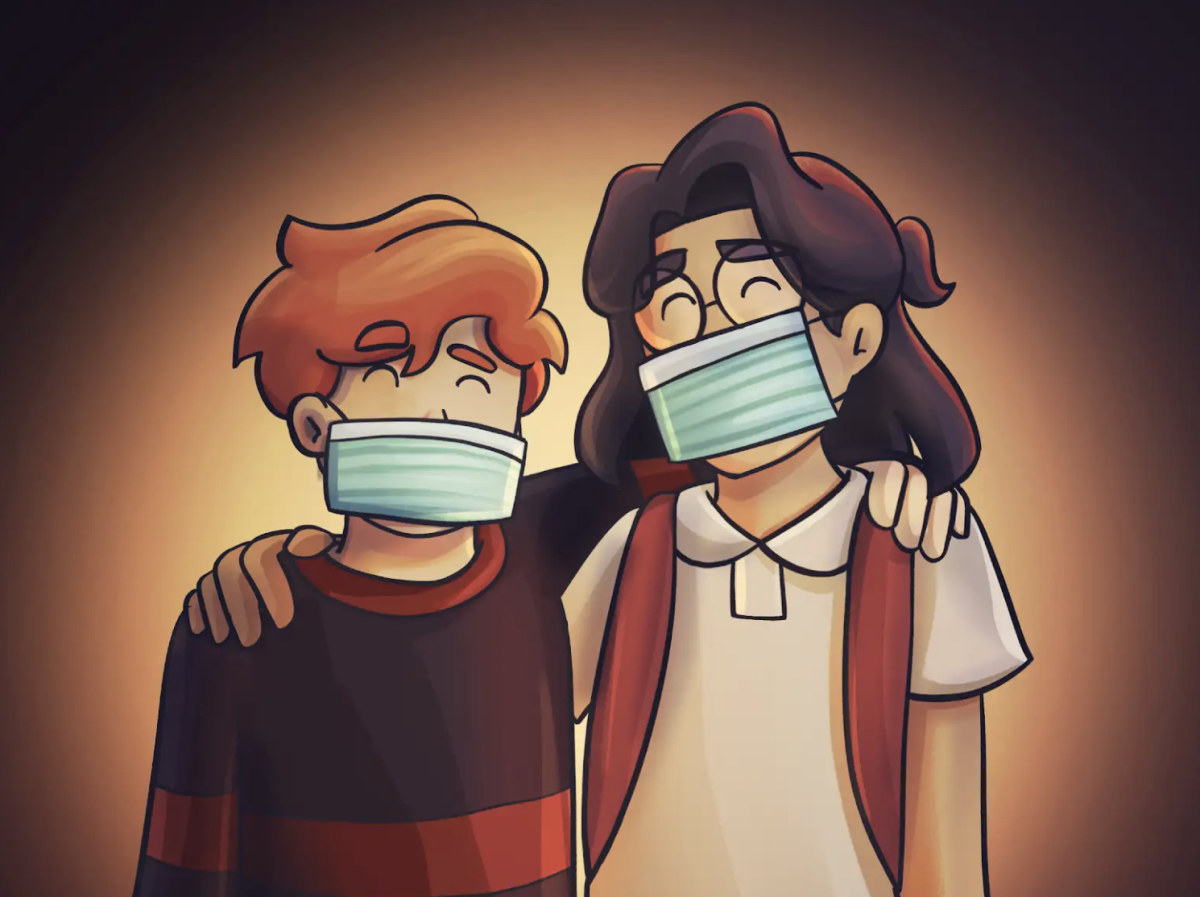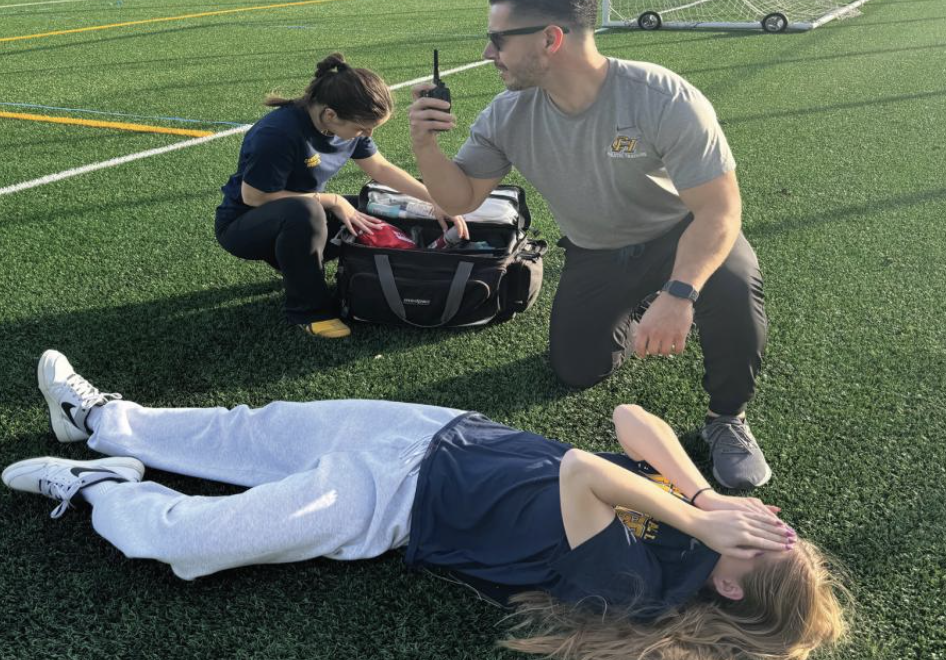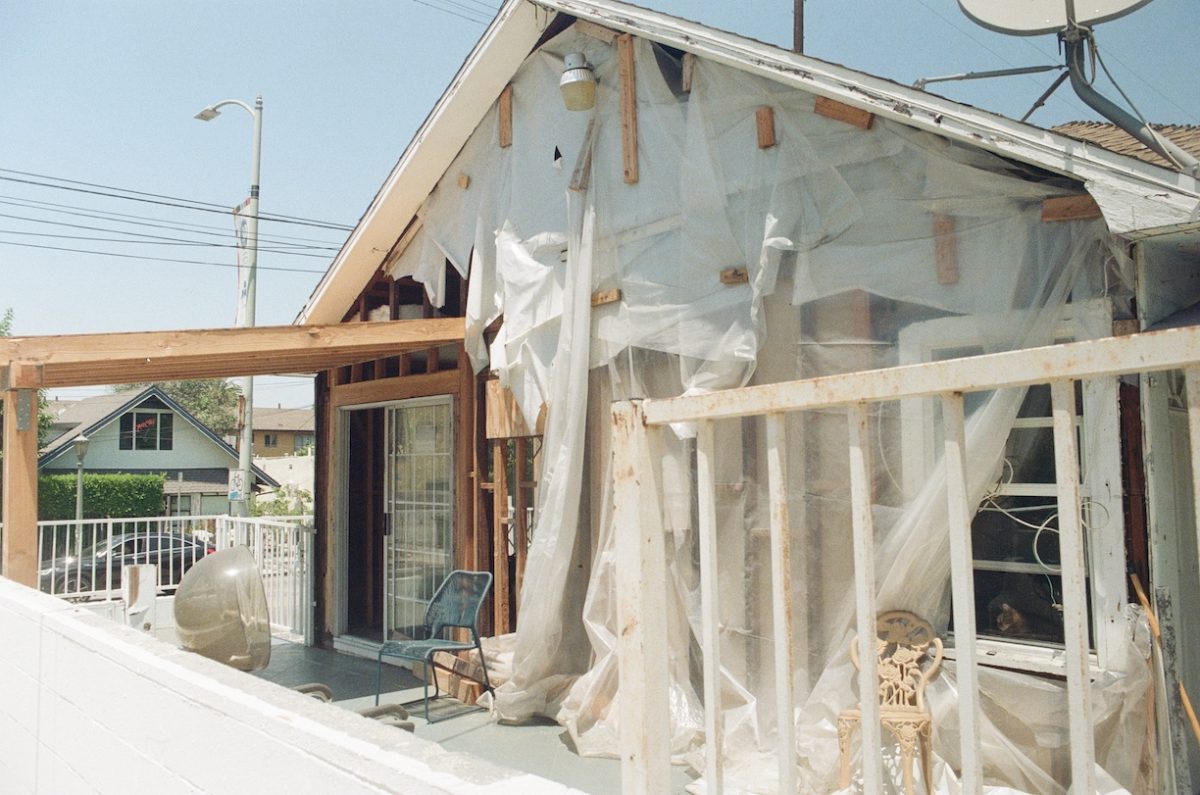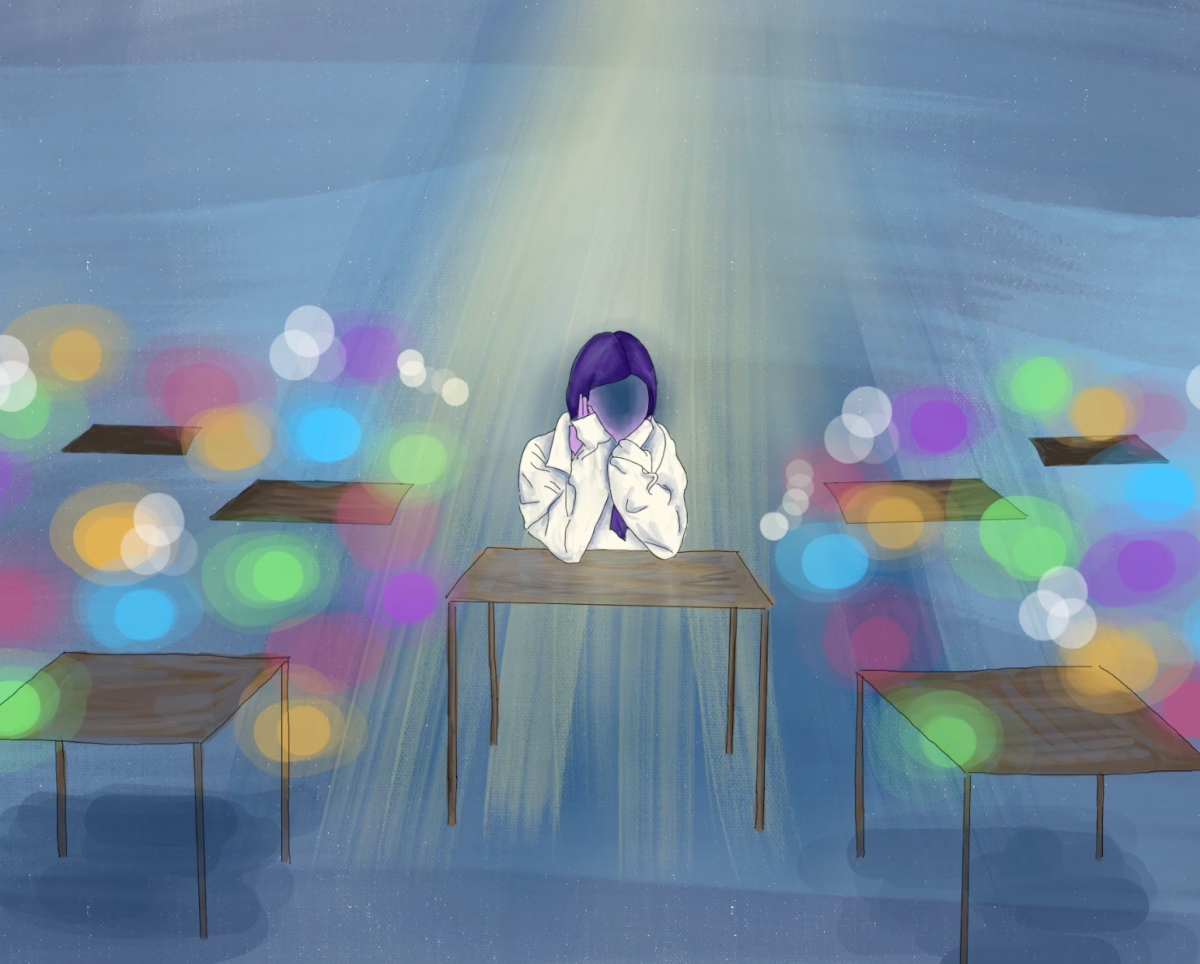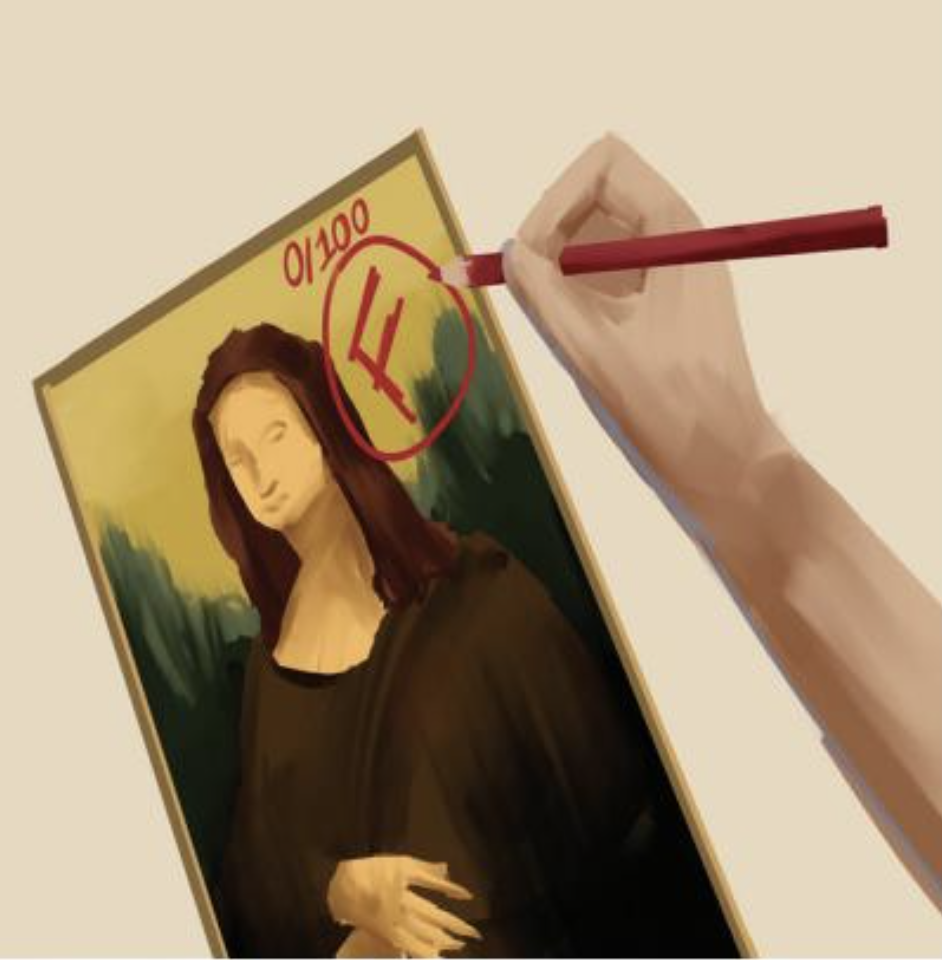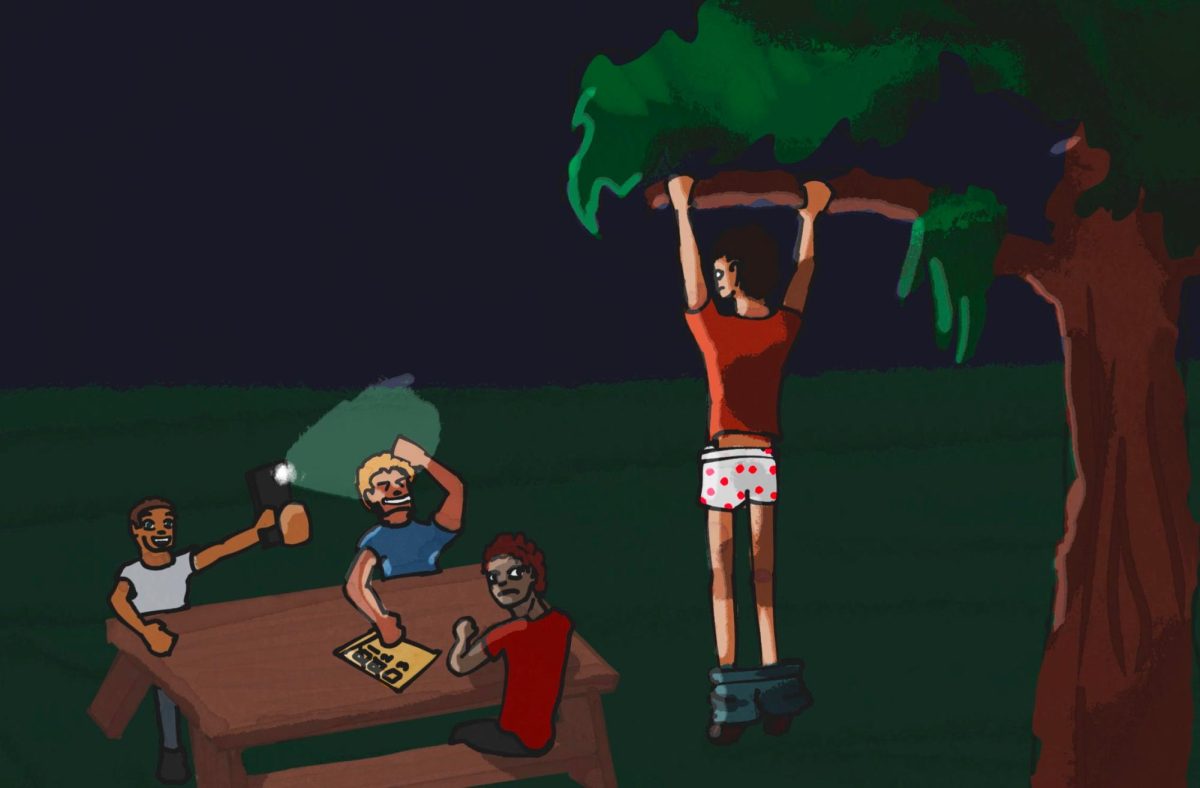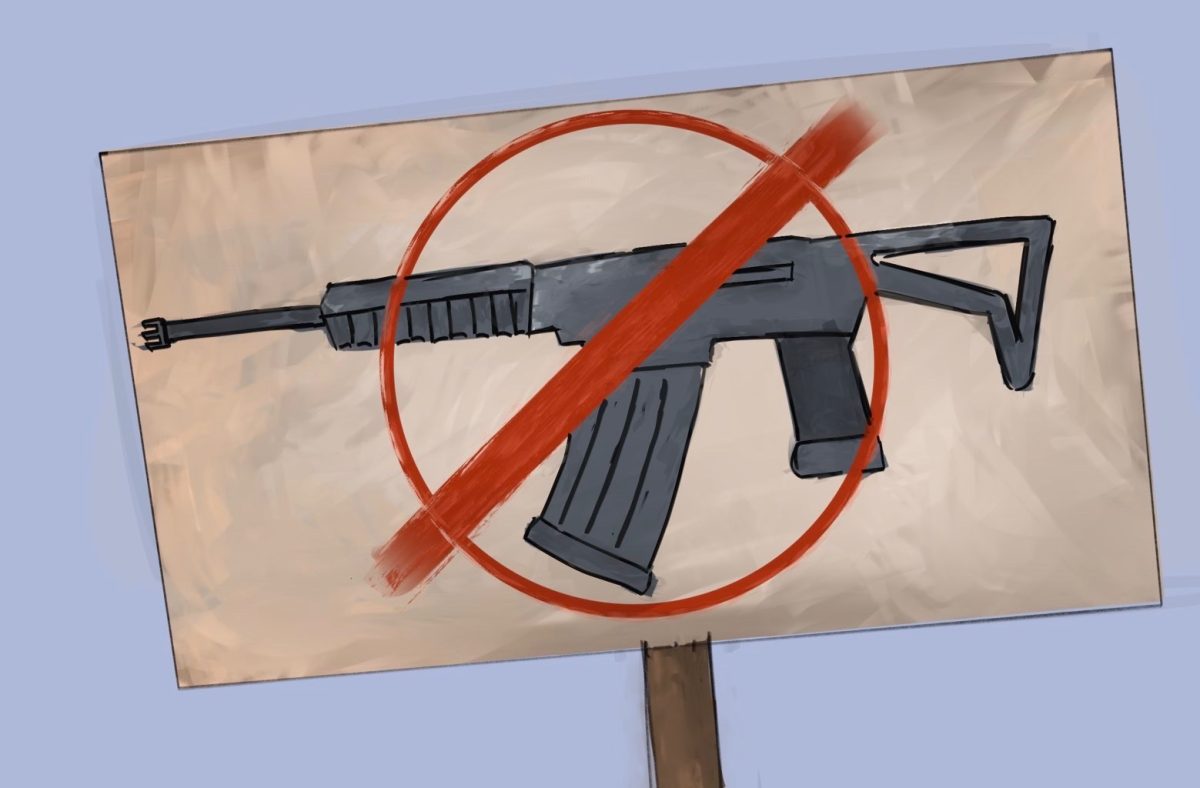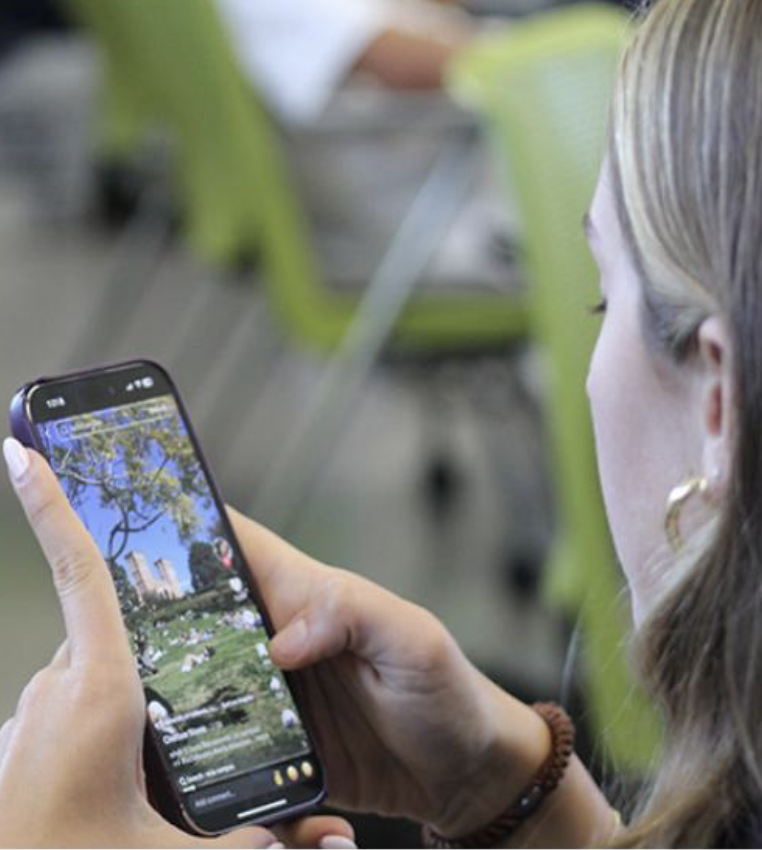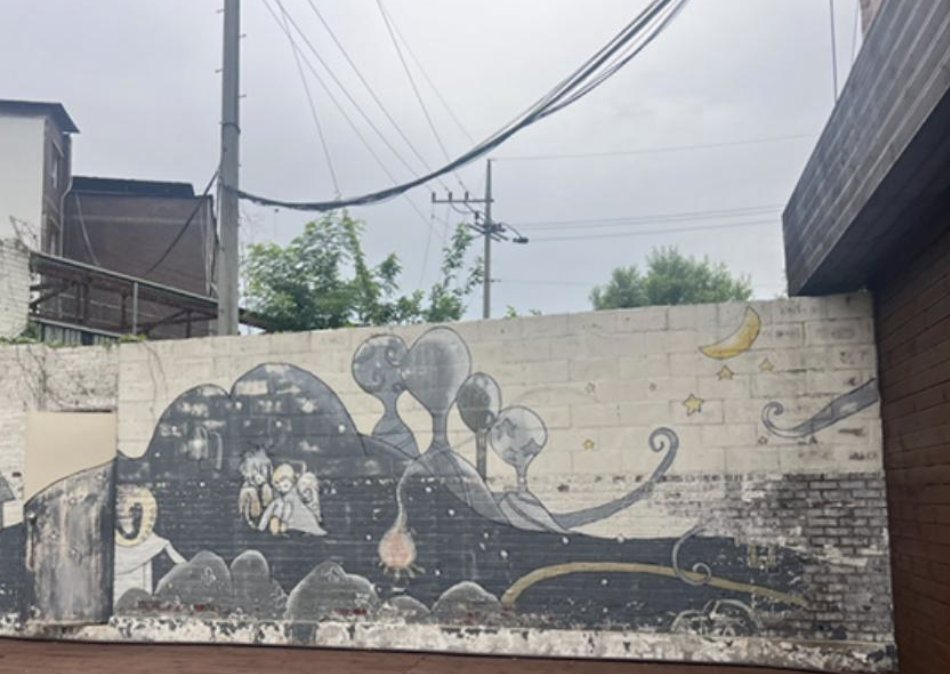Challenging homeless stigma
September 26, 2024
Coming home one day, Hannah Wenzel notices a homeless man camping in front of her house in Highland Park. She decides to foster a relationship with this man named Wayne. Wayne had a story: he was a respectful, elderly pastor and suffered through addiction. He had his own life with passions and dreams. Sadly, he passed away due to sickness, but Wenzel remembers him as a good neighbor and kind person. Since living in Los Angeles, Wenzel discovers ideas people have developed around the homeless population, leading to stereotypes and other harmful labels.
Homeless can describe those in many different situations, from those on the street, those living in their cars, and those living in a friend’s garage. According to Romeo Vitelli’s Jun. 2021 Psychology Today article, there are a myriad of different sub categories under the broad category of “homeless” which is why it’s damaging to label the “homeless” in any way.
Wenzel, high school yoga teacher and Community Service Coordinator, has lived in the Highland Park area for 13 years. She is filled with empathy for people experiencing homelessness and sees the way they can be treated due to their status. Wenzel has found that, over time, society has dehumanized the homeless population.
“I often think about how hard it would be to be in that situation, to be homeless, how people don’t look at you or see you as a full human being,” Wenzel said. “I think about how hard it would be to go through your life, [having] days without people ever looking you in the eye or treating you with dignity. So something that I try to keep in mind is looking at people who are unhoused as people who live in my community. They are our neighbors as much as anybody else.”
Hannelle Y. ‘26 lives near Campbell Hall and spends time walking around by herself near campus. While moving to Los Angeles a decade ago, she feels she has only ever heard stereotypes and stories of how people who are homeless are dangerous and scary. She feels society has placed this lens over the homeless, and the stereotype is passed down through further generations.
“From my friends, I’ve heard a lot that they’re all drug addicts and alcoholics who don’t have motivation to do anything themselves and that they can’t really function in shelters,” Hannelle said. “My parents feel really unsafe [around] them, but I honestly feel bad for everyone because their situation is different.”
As a psychology teacher, Dr. Steven Wachs acknowledges that the stigma around the homeless population is real, but he feels that people’s actions towards them further reinforce the stigma. He believes the reinforcement of stigma comes from choosing not to confront the issue.
“I think the stigma is [unreasonable] in many ways,” said Wachs. “We always want to protect ourselves first [from possible danger]. I don’t think there’s anything wrong with that, but if all we do is turn up our nose at homeless people and shuffle by as quickly as we can, I don’t think we’re going to see a reduction in homeless people.”
Wachs feels the homeless population people see is only a small percentage of the whole picture. He believes that for people to truly be able to help with this issue, everyone must first understand it, which is only found through experience around the homeless. He believes that younger generations are protected from the reality of the issue, making the stigma generational.
“Yes, [homelessness stigma] makes you more reluctant to walk places, which makes you more reliant on Ubering or getting a ride,” Wachs said. “And so the more we put teenagers in cars and off the streets, we’re shielding you from having to look at the reality of homelessness, but that homelessness is still there. So, we’re not really treating homelessness. We’re just shielding you from it.”
Similarly, Joseph Courtney, the high school chaplain, believes the stigma associated with homelessness can act as a weapon and mentally affect people experiencing homelessness. He believes that when people think negatively of themselves, their status can be deteriorated further.
“The most dangerous thing is that they [could] take on that stigma, and they view themselves negatively and it doesn’t help them get [support],” Courtney said. “It continues the downward spiral of not only have they lost their housing, not only have they lost connection and belonging to a community, but now, they’re losing connection with themselves. They might adopt that stigma and think that they also are terrible people because they failed. But really it’s society that failed them.”



